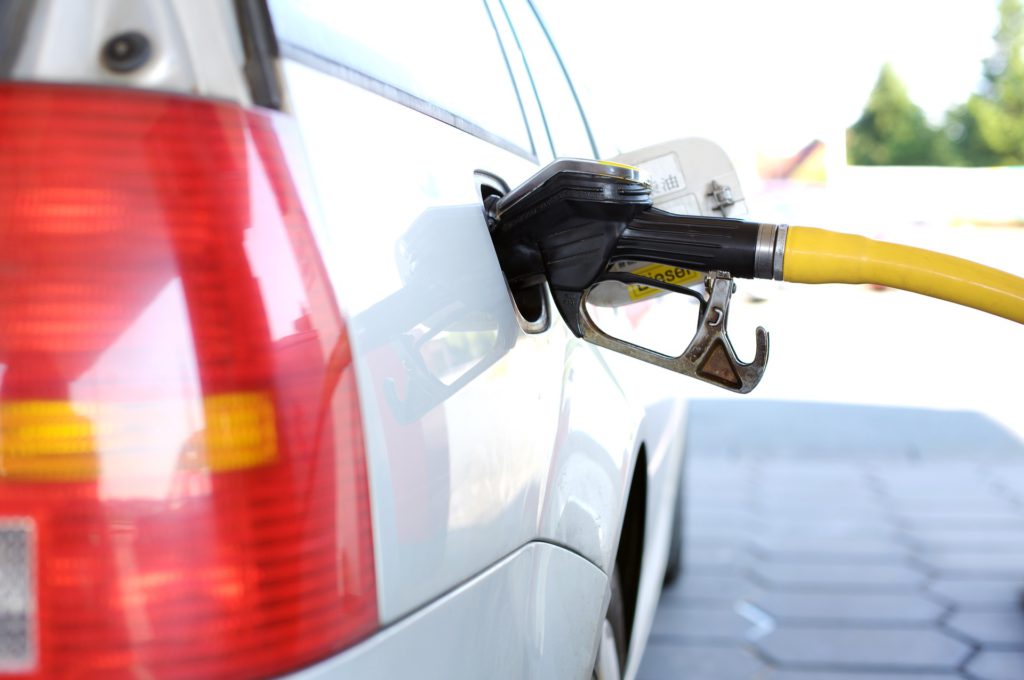Blueprint to reduce UK diesel ownership published by BVRLA
01 November 2017

01 November 2017
Diesel sales are falling across all European markets, however in the UK, the country is actively looking at ways to phase out the technology and move drivers to cleaner alternatives.
London has already started the process, introducing what it calls the T-charge, an extra £10 (€11.22) fee for pre-Euro 4 vehicles entering the city on top of its congestion charge. The UK Government has also announced that it plans to ban the sale of both petrol and diesel cars by 2040. Now a new report has plotted a roadmap to the transition away from diesels in urban areas.
Commissioned by the British Vehicle Rental and Leasing Association (BVRLA), the report applies the same methodology used by government policymakers to assess their national air quality plan to give a ′high-level blueprint’ for a managed transition that reduces diesel market-share in the most environmentally and economically effective way.
The report calls on the UK government to focus its efforts on reducing diesel car use in urban areas. It states that around one third of vehicle usage is on urban roads, and electric and hybrid vehicles are increasingly providing a credible alternative with lower and cleaner emissions.
Additionally, the BVRLA is calling for a steady transition away from using diesel vehicles, phasing them out carefully and encouraging drivers into alternatives enabling the supply chain and consumers to move over without incurring too many costs. It also believes Government policy should focus on trying to reduce car ownership instead of just choosing alternative vehicles. A scrappage scheme that provides mobility credits for public transport, car club and car rental journeys could stimulate this behaviour change.
Finally, the report calls for the government to provide a consistent clean air zone policy framework across the UK to avoid placing extra burdens or costs on people and businesses driving between urban areas.
′Diesel vehicles play an essential role in transporting goods and people around the country, but the emissions they produce on low-speed urban roads means they have no long-term future in our cities,’ said BVRLA Chief Executive, Gerry Keaney.
′We need a carefully blended set of incentives and restrictions that removes the oldest, most polluting diesel vehicles without crippling our economy or punishing people for decisions they have already made. The vehicle rental and leasing industry has a huge stake in this transition and we look forward to working with local and national government to deliver a workable solution.’